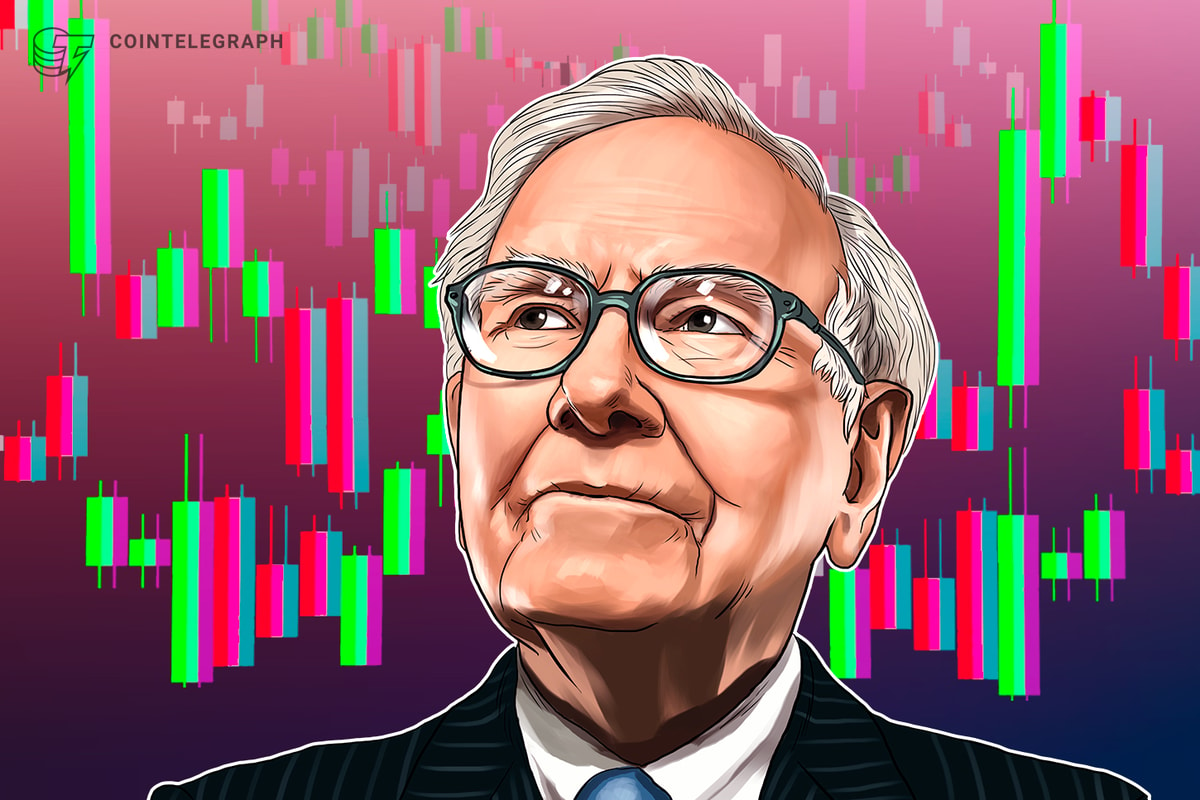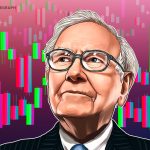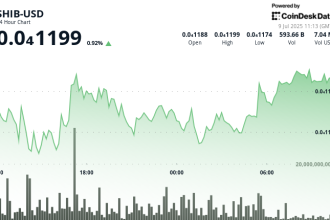Key Takeaways
- A $5B Kraft Heinz impairment significantly impacted quarterly results.
- A hypothetical 5% Bitcoin allocation could have generated $850M in gains.
- Berkshire’s stock trails both the S&P 500 and Bitcoin YTD.
Berkshire Hathaway Reports Record Profit, But Closer Look Reveals Significant Equity Losses
Berkshire Hathaway reported a headline profit of $12.3 billion for the second quarter of 2025. However, underlying results paint a different picture, notably due to the impairment of its Kraft Heinz stake.
In aggregate, these impairments contributed to $4.60 billion in equity method investment losses for the second quarter, signaling substantial writedowns.
Consequently, net earnings for the second quarter saw a significant drop compared to the previous year. Furthermore, while Buffett stepped down as CEO, the company’s stock performance has lagged significantly in 2025.
As of Tuesday, BRK.A shares were down 18.88% for the year-to-date. This underperforms the broader market significantly, with the S&P 500 rising 7.51% and Bitcoin climbing 16.85% YTD.
Hypothetical Bitcoin Allocation Could’ve Offset Significant Losses
With $100.49 billion in available cash parked in low-yield instruments at year-end, a relatively modest 5% allocation to Bitcoin — assuming a price appreciation reflecting its 16.85% YTD gain — could have yielded significant unrealized profits.
A calculation based on hypothetical returns shows that such an allocation could have generated approximately $850 million in gains by August 2025.
While this unrealized gain wouldn’t have eliminated the significant impairment loss from Kraft Heinz, it would have meaningfully cushioned the impact.
BTC Outperforms Berkshire’s Entire Equity Portfolio
The performance gap underscores the opportunity cost of Berkshire’s conservative approach.
Bitcoin’s YTD return has bested not only the individual stock performance of BRK’s other major holdings but also the entire portfolio returns of its top corporate investments.
Demonstrating the scale of this divergence:
The Irony of Buffett’s Stance
Warren Buffett, the icon of value investing, has long characterized Bitcoin as “rat poison squared,” repeatedly dismissing its value proposition.
Buffett has stated numerous times that Bitcoin produces no yield, possesses no intrinsic value, and has no place in any rational investment portfolio.
The paradox deepens as Bitcoin, during a year marked by rising institutional adoption and inflows into Bitcoin ETFs, has consistently outperformed Berkshire’s core equity holdings.
Notably, Buffett’s successor, Greg Abel, has also offered no public support for Bitcoin or cryptocurrency assets.
This article does not contain investment advice or recommendations. Every investment and trading move involves risk, and readers should conduct their own research when making a decision.











